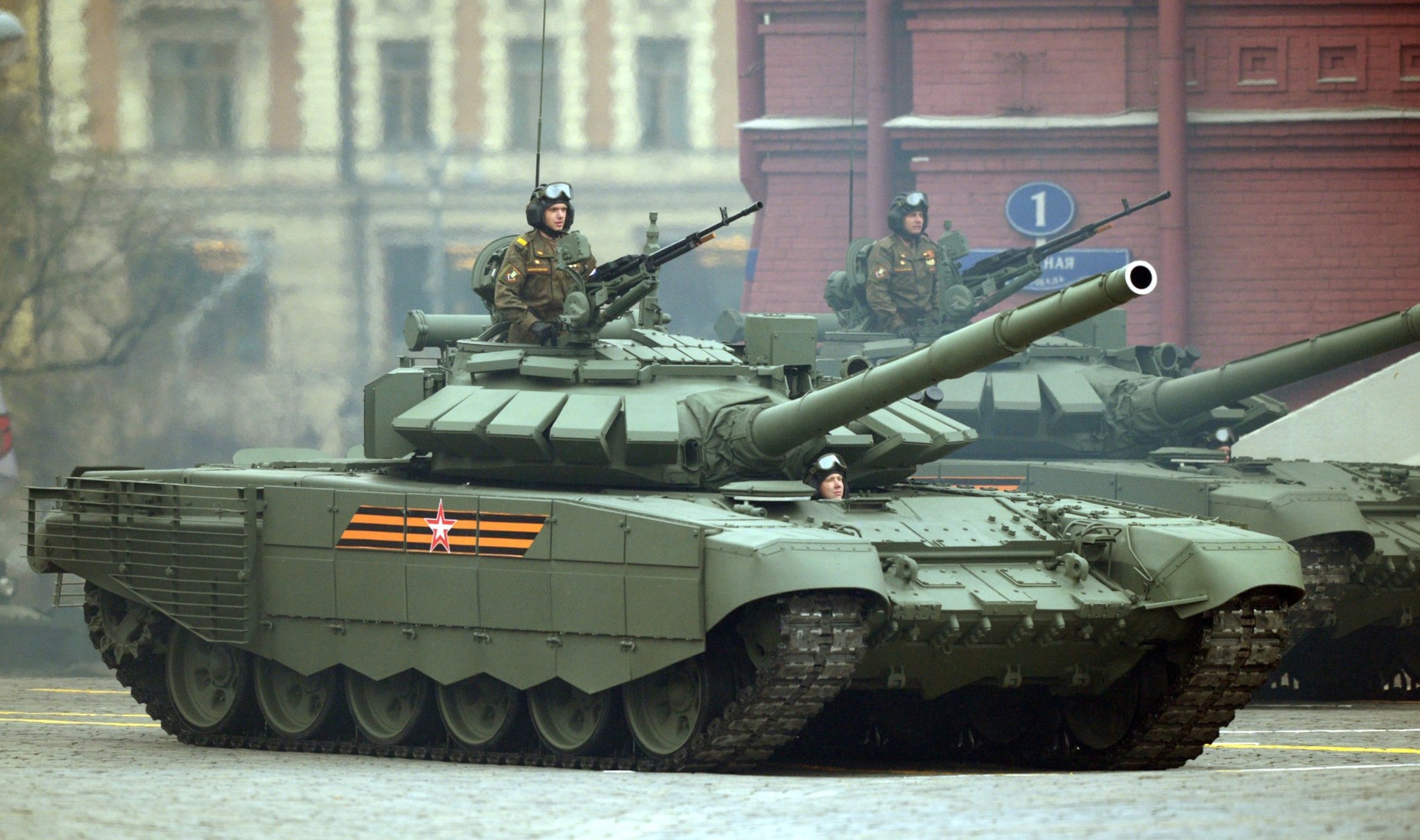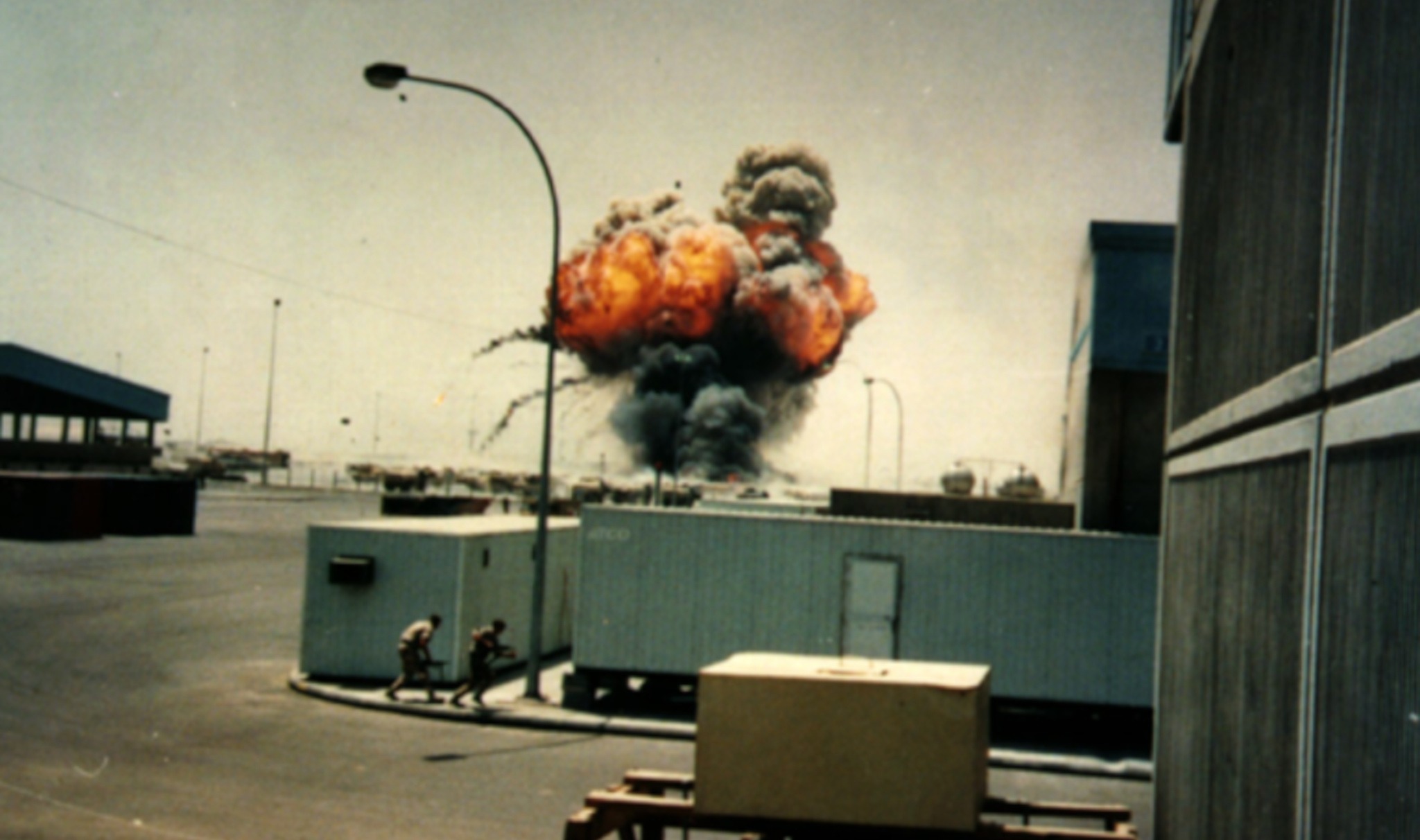The controversy over Britain sending depleted uranium tank shells to Ukraine has deepened today after a minister admitted Russia might not have fired the same ammunition.
Armed forces minister James Heappey told parliament: “The Ministry of Defence is unaware of any credible open-source reports of Russia using depleted uranium in Ukraine.”
He made the statement in response to a question from Kenny MacAskill, an Alba MP for East Lothian.
Supporters of Rishi Sunak’s decision to give Ukraine depleted uranium (DU) ammunition have repeatedly pointed out that Russia also has the weapon in its arsenal.
The Kremlin upgraded some of its tanks so they were capable of firing DU shells, according to a report by Russia’s TASS news agency in 2018.
Some commentators claim Russia is therefore likely to be firing DU in Ukraine. Hamish de Bretton-Gordon, a retired British army colonel and regular commentator on Kremlin forces, told Newsweek: “Of course, the Russians use it [DU] extensively as well”.
He said it “would be incongruous if they’re not using it” in Ukraine as the weapons were a “key part of their armoury”.
However, Heappey’s statement contradicts speculation that Russia has fired such ammunition in Ukraine.
It suggests Britain is introducing a type of weapon into the devastating conflict that has not been used by either side to date.
Vladimir Putin told Russian media on Saturday: “Without exaggeration, we have hundreds of thousands, namely hundreds of thousands of such shells. We are not using them now.”
The Pentagon has denied supplying any of its own DU to Ukraine, although a US army instructor was present at a briefing Britain gave Ukrainian tank crews on the ammunition.
Controversial weapon
Depleted uranium is a chemically toxic and radioactive heavy metal produced as waste from nuclear power plants. The British military uses it for tank-piercing shells because it is extremely dense.
Sunak has supplied the weapon to Ukraine – as Declassified revealed last week – for use with 14 tanks donated by the British army.
Scientific debate continues about DU’s long-term risks to human health and the environment in post-conflict zones. In Iraq it has been blamed for birth defects and a spike in cancer cases.
The Kremlin reacted furiously to Sunak’s decision, saying it escalated nuclear tensions with the West – despite the fact DU rounds are not atomic weapons. Putin has used Britain’s move to justify deploying ‘tactical’ nuclear weapons to Belarus.
Heappey countered concerns about DU today, telling parliament: “The environmental and long-term health effects of the use of depleted uranium munitions have been thoroughly investigated by the World Health Organization, the United Nations Environmental Program, the International Atomic Energy Agency, NATO, the Centres for Disease Control, the European Commission, and others, none of which has documented long-term environmental or health effects attributable to use of these munitions.”
The minister noticeably did not mention research by the Royal Society, the sole scientific body which the military cited last week when the news broke. Declassified has since highlighted how the Royal Society team behind that research were critical of DU being used in Iraq.
Doug Weir, research director at the Conflict and Environment Observatory, told Declassified: “None of the entities cited by the MoD has undertaken long-term environmental or health studies in conflict areas where DU weapons have been used.”
Weir added that the UN Environment Program “called for a precautionary approach to the weapons because of uncertainties over their environmental behaviour, and WHO, IAEA and UNEP have all called for contaminated areas to be identified, marked and access to them to be restricted; furthermore risk awareness campaigns are recommended for local communities.”




